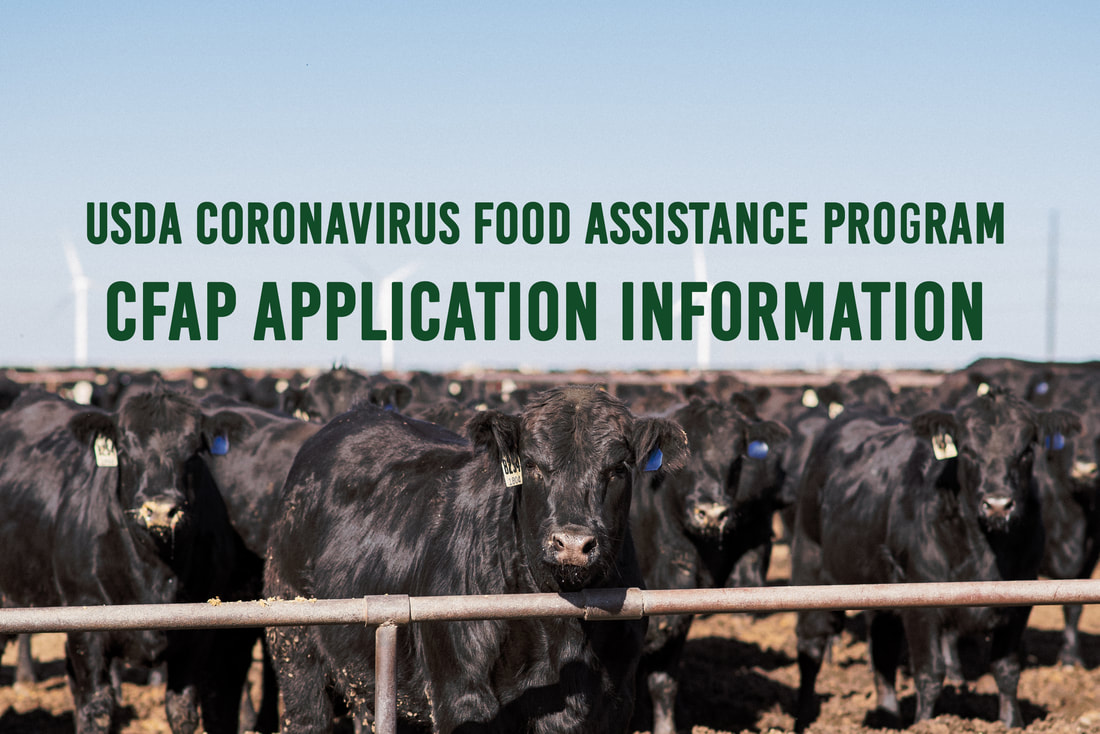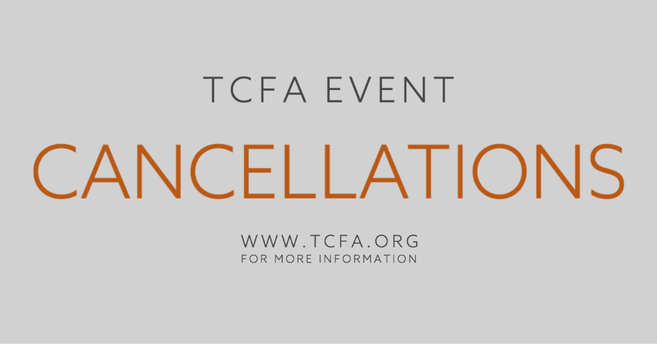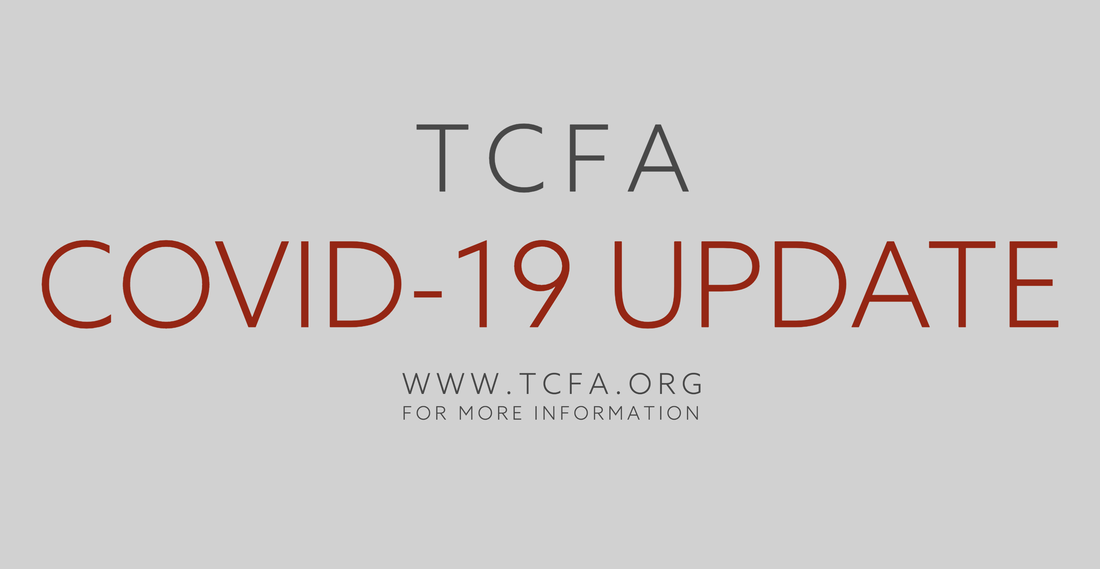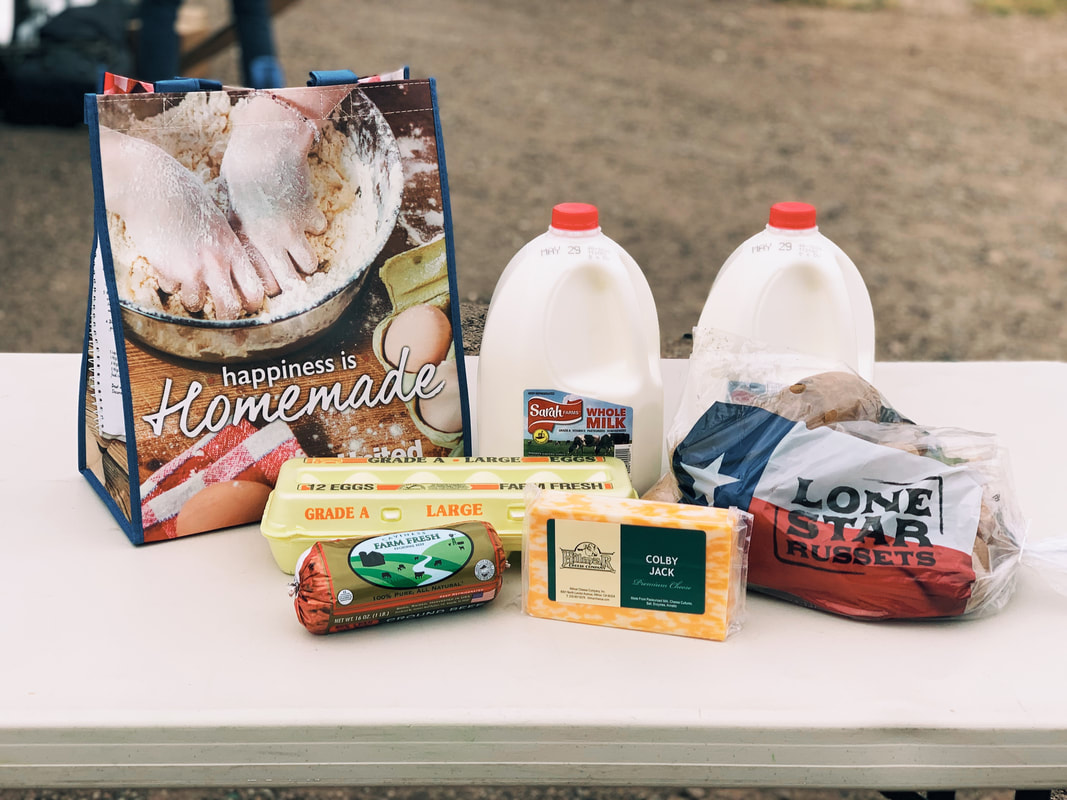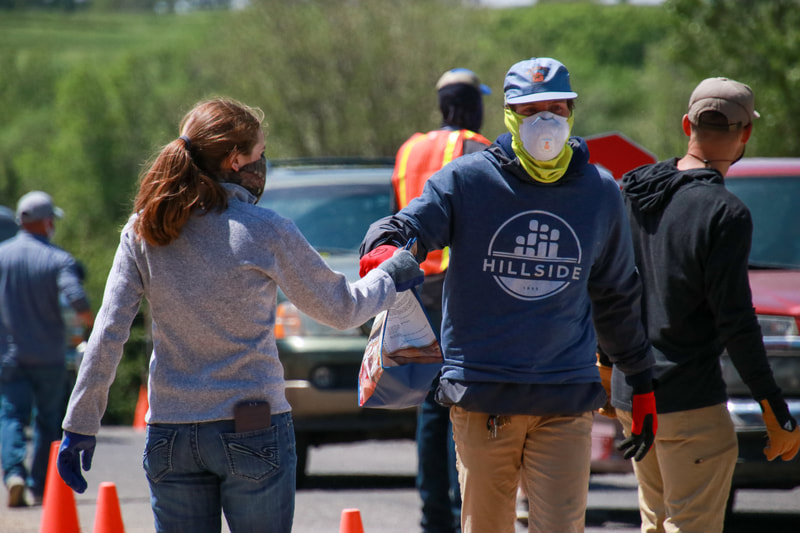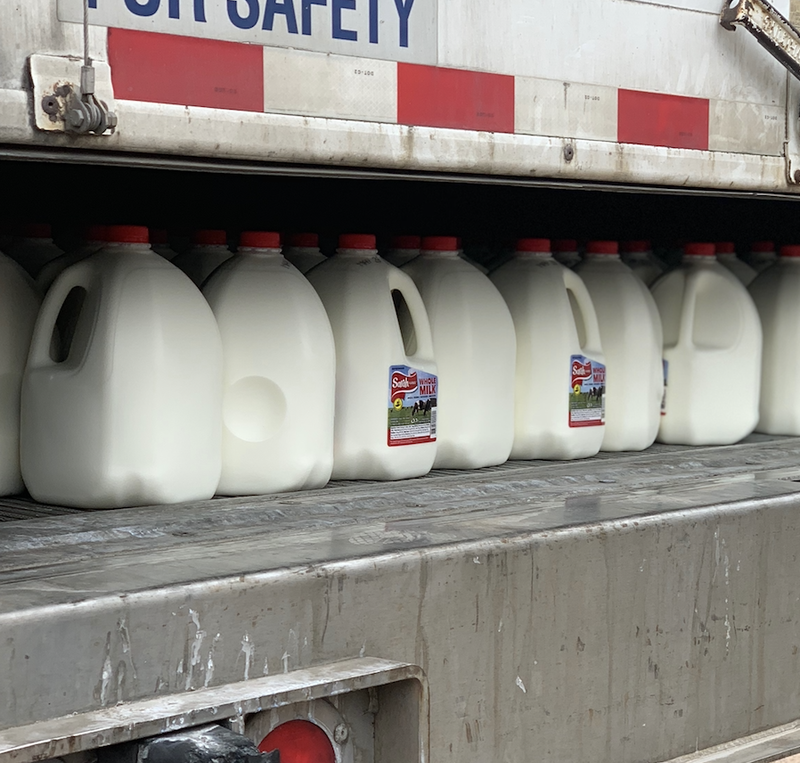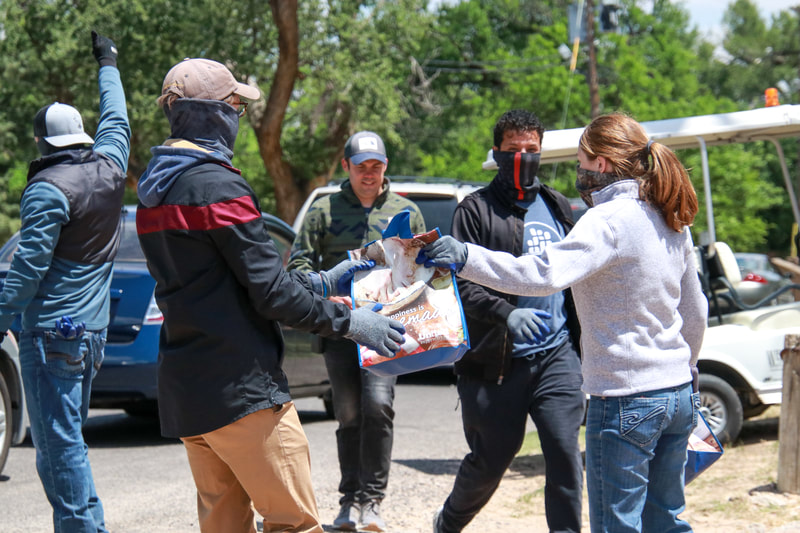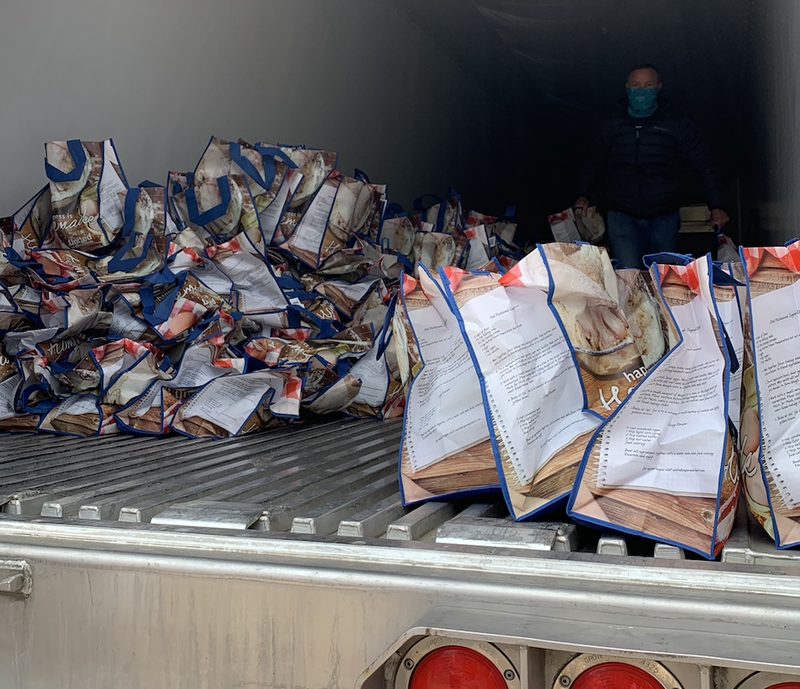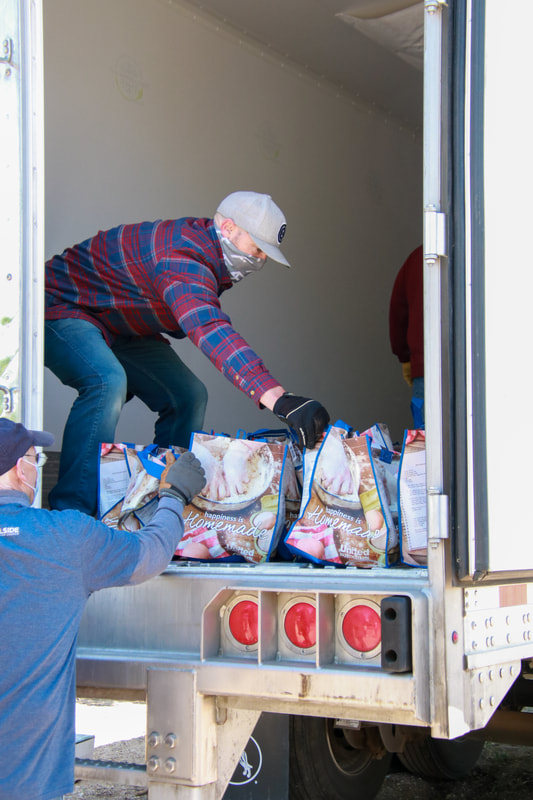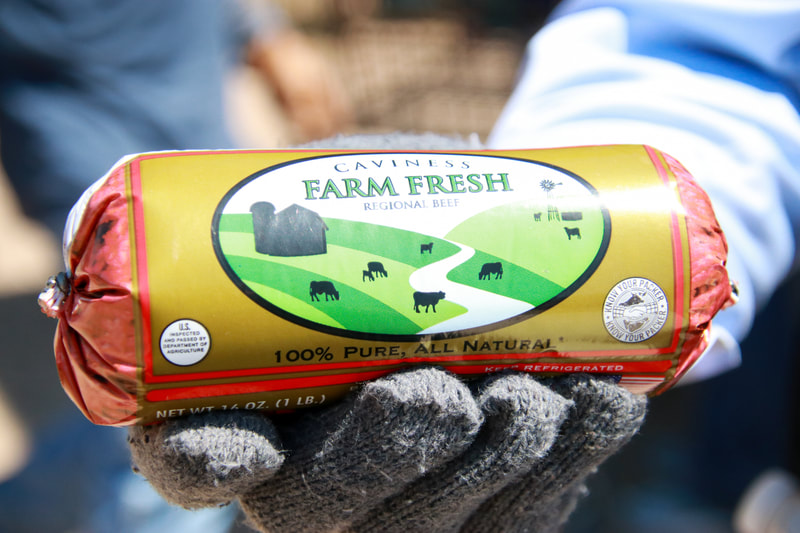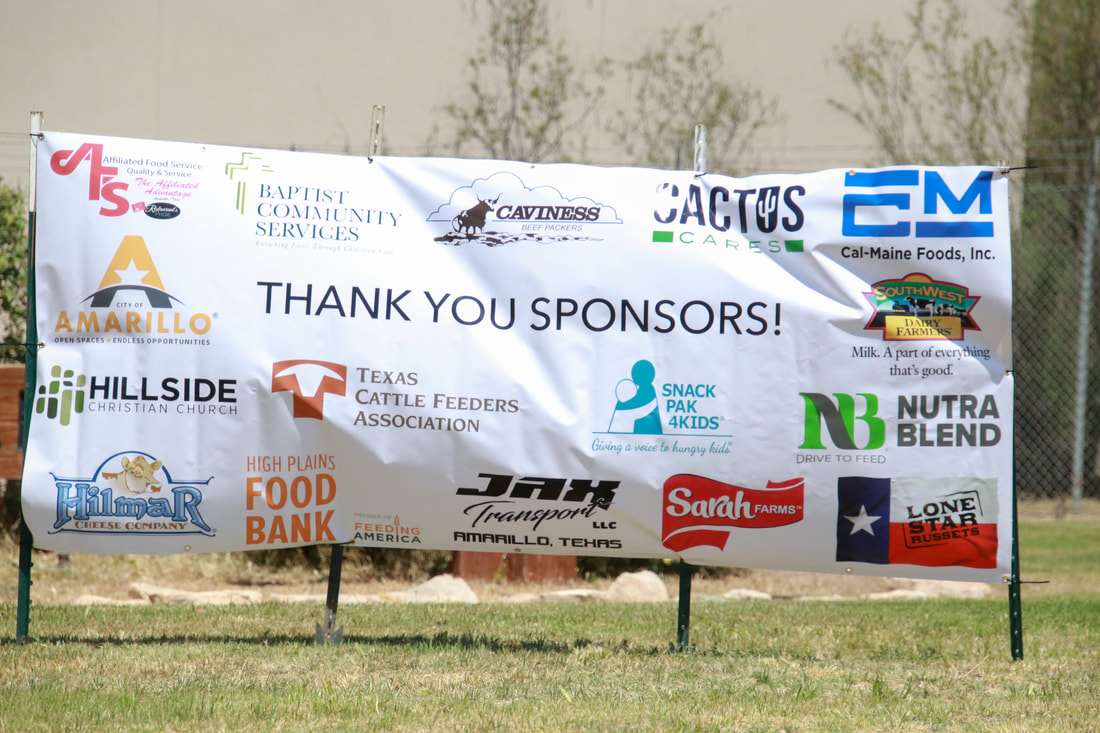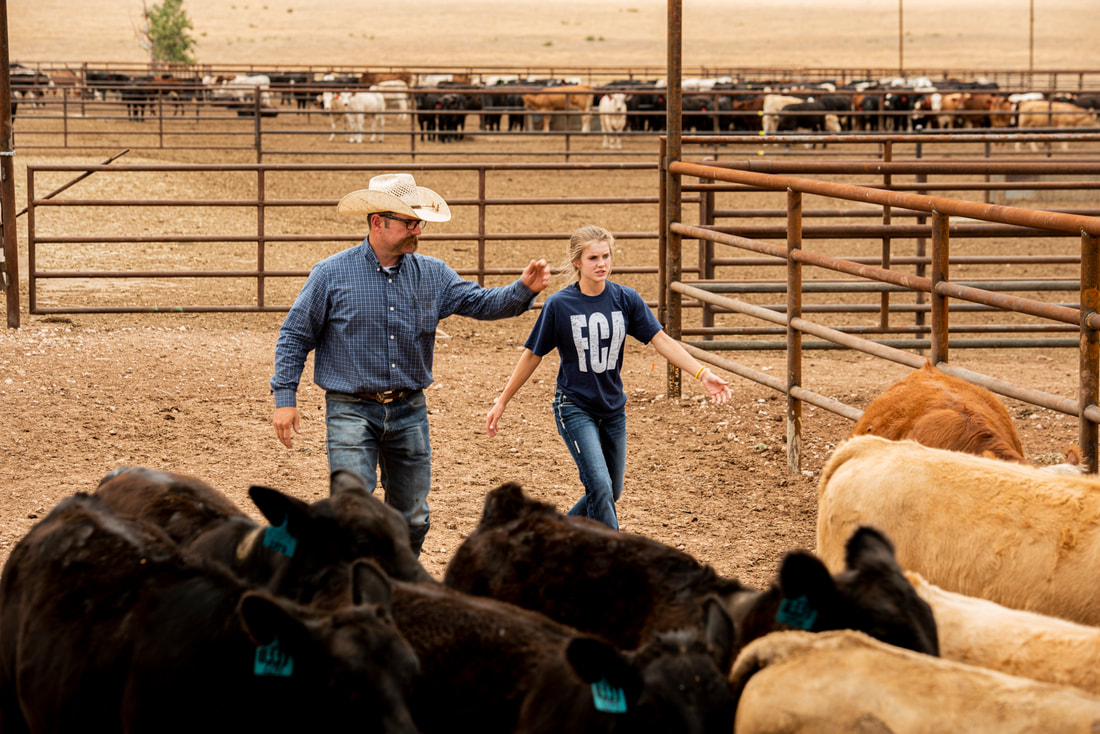|
The Coronavirus Food Assistance Program (CFAP) will aid agricultural producers impacted by the effects of the COVID-19 outbreak. On May 19, 2020, USDA published a rule that specifies the eligibility requirements, payment calculations and application procedures for CFAP. The program will be administered by the USDA-Farm Service Agency (FSA). To help inform you of the program requirements and application process, we created a short webinar outlining the three-step process. We've also outlined the steps below, and a printable version can be downloaded here. STEP #1 – Locate your local FSA service center USDA service centers are open for business by phone appointment only. FSA is also working with producers by phone, email, mail and fax. STEP #2 – Submit completed forms to FSA
Complete the forms below and submit them to your local service center. If you are already established with FSA, it is likely many of these forms are already on file at your local FSA service center. However, if your average AGI for the previous three years is more than $900,000, Form CCC-942 must be signed by your CPA or attorney to verify that 75% of your income is from agriculture.
2 Comments
The following is a status update on TCFA events in light of concerns surrounding COVID-19. Please know that the health and safety of participants is our number one priority. This list is subject to change as we learn more. Canceled TCFA Fed Beef Challenge - Originally scheduled for April 8 TCFA Feedyard Tech, Spring Semester - Originally scheduled for April 14-16 and 21-23 TCFA Spring Safety Seminar TCFA Feedyard Camp - Originally scheduled for June 23-26 On Schedule TCFA Junior Fed Beef Challenge - Contest day July 24 TCFA Convention - October 4-10, Grapevine, Texas
Ongoing efforts to keep you informed on news surrounding the beef industry and COVID-19.
May 13, 2020
10,000 pounds of ground beef. 10,000 pounds of potatoes. 4,700 gallons of milk. 2,000 dozen eggs. 2,000 pounds of cheese. The City of Amarillo, High Plains Food Bank and Hillside Christian Church joined forces with local agriculture producers last week to provide these commodities to families in need.
Amidst the economic and social challenges our communities face due to COVID-19, those in agriculture remain committed to giving back. Why? They care about feeding people. And when there is a need, they find a way to help. This commitment along with community volunteers and local hunger initiatives; the High Plains Food Bank Pop-Up Pantry was able to serve 2,000 families in the Amarillo area. “When the agriculture community recognizes a need, they find a way to respond,” said Wayne Craig, executive director of Cactus Cares. “Each of our industries has a commitment to serve our community, and this is just one way we can reach out and help our neighbors.” According to the HPFB, requests for food assistance increased nearly 20-fold throughout the Panhandle network since mid-March. In addition, HPFB’s distribution has increased 34% since March, and in April distributed over 845,000 pounds of food, the highest amount for that month in the organization’s history. “The High Plains is rich with agriculture production,” said Zack Wilson, executive director of the High Plains Food Bank. “We’re thankful to team up with our local farmers and ranchers as well as Hillside Christian Church to facilitate a drive-thru food pantry that will help fill the gap for families who may need a little extra to get them through this tough time.” McKenzie Hettinga, a dairy farmer from Farwell, Texas said those involved with the event were grateful to provide some stability as the community works through this time together. Supporters of the event include Affiliated Foods, Baptist Community Services, Cactus Cares, Cal-Maine Foods, Caviness Beef Packers, City of Amarillo, High Plains Food Bank, Hillside Christian Church, Hilmar Cheese Company, Inc., Jax Transport, Larsen Farms, Nutra Blend, Sarah Farms, Snack Pak 4 Kids, Southwest Dairy Farmers and the Texas Cattle Feeders Association.
There’s been a lot of talk recently about mandatory Country of Origin Labeling (COOL). Let’s set the record straight on a few things.
First, TCFA supports voluntary COOL. We know that U.S. beef is the best in the world in terms of quality, consistency and sustainability and we support a label that highlights those high standards. However, that label should be market-driven, not mandated by the federal government. Market-driven programs have proven to be effective, not only for the ranching and feeder families that are the very foundation of our nation’s beef supply, but also for consumers who enjoy high-quality, affordable, nutritious beef. One of the best examples in the history of beef production and marketing is Certified Angus Beef....a voluntary marketing label that has added millions and millions of dollars to the value of beef through increased demand for quality beef. Mandatory COOL was federal law for 6.5 years, but that law ended up costing all U.S. cattle producers significantly with no measurable benefit to consumers. Let’s visit a few of the reasons mandatory COOL failed the first time.
Rep. Mike Conaway (R-Midland), Former Chair of the House Ag Committee, in June 2015 laying out how retaliatory tariffs in response to mandatory COOL would hurt U.S. agriculture. Congress ultimately repealed the law.
Congress subsequently repealed mandatory COOL in 2015 three days before the tariffs were scheduled to go into effect because of the undue harm the law itself and potential retaliatory tariffs would cause U.S. producers and consumers. Even though Congress prevented WTO from placing tariffs on U.S. beef in 2015, the WTO case remains active. If, at any time, the U.S. implements a new mandatory COOL program, Canada and Mexico can immediately retaliate. They don’t need any additional approval from the WTO.
As we’ve learned time and time again, increasing the government’s involvement in our day-to-day operations with a mandatory label would prove disastrous and ineffective, even more so, during a time when the entire country, especially the cattle industry, is facing unprecedented and extraordinarily difficult times due to the COVID-19 pandemic. |
Categories
All
Archives
June 2024
|
About TCFA |
Get Involved |
|

